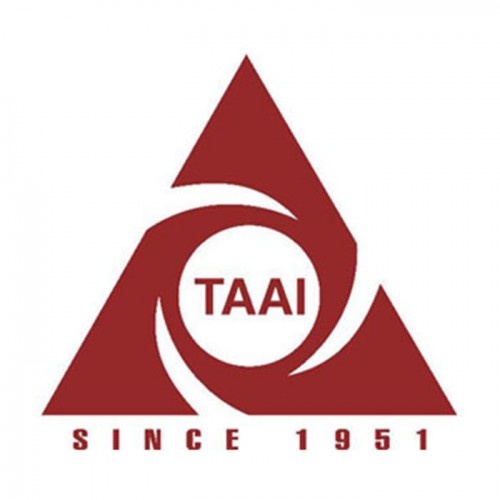New railway scheme to shorten wait lists, transfer passengers to alternative trains
Waitlisted passengers will get the choice of travelling on reserved berths in alternative trains on the same route from April, railway minister Suresh Prabhu announced yesterday.
Called Vikalp, or alternative train accommodation system (ATAS), the scheme will provide reserved berths or seats within 12 hours to passengers on the waiting list in another train bound for that destination. The change won’t entail any additional fare or charges. This is an attempt to settle a long-running grudge of millions of people that travel with the country’s largest public transporter.
But there is a caveat to the plan: alternative berths will depend on the availability of vacant seats in another train. In the overcrowded network, the possibility of finding reserved berths in alternative trains appears remote. Unconfirmed tickets have been a standard complaint of people seeking to travel with the railways, which carries 23 million passengers every day, a number equal to the population of Australia.
The scheme has additional flaws. A waitlisted passenger on the Delhi-Howrah Duronto with a travel time of 17.15 hours, for instance, might end up spending 41 hours for the journey if he is accommodated on the Delhi-Sealdah Express. Also, a passenger seeking to cancel his ticket on an alternative train will have to pay a steep charge. The cancellation fee for a confirmed booking, which is the case for a person getting accommodated on an alternative train, is much higher than the money deducted on a refund for a waitlisted ticket.
A railway official said Vikalp cannot address these problems entirely. “Smart traffic management plans can help, but unless infrastructural constraints are removed, lasting solutions cannot come.”
A reverse scenario can be possible too. Passengers can get lucky. Say, a wait-listed traveller on the Shaheed Express may find an alternative berth on the faster Duronto or Rajdhani trains. The latest move is aimed at optimizing utilisation of seats across all trains; thereby increasing earnings and reducing refunds on waitlisted tickets.
The railways run more than 12,000 passenger trains every day. But the loss-making network loses more money each time a train leaves the platform with a vacant seat. Since train tariff is heavily subsidized, just 27% of railway revenue comes from passenger tickets. The nationwide scheme will kick in from April 1 and will be available for those buying e-tickets to start with. But it will be extended to passenger reservation service (PRS) tickets as well.
The plan is available already on six routes, including Delhi-Lucknow, Delhi-Jammu and Delhi-Chennai.
News Source: www.hindustantimes.com
You might also like
Palacio de las Dueñas – Home of a Seville Icon
Palace of Las Dueñas, the Duke of Alba´s Residence in Seville, one of the greatest monumental jewels in the city, can be visited in a wonderful tour through its gardens,
Travel Trade submits its Frustration to the GST increase: TAAI
Be it the travel trade or many other allied and associated industries like hospitality were expecting a decline or perhaps a better GST taxation system in place, as an outcome
MakeMyTrip’s ‘Stays for Saviours’ initiative to support healthcare practitioners fighting COVID-19
In an effort to support healthcare community during the unprecedented public health crisis, MakeMyTrip (NASDAQ: MMYT), has launched Stays for Saviours, to support temporary accommodation needs of the medical frontline force







